Song Lab
Welcome to the Song Lab website, where you’ll find an overview of our research group, key focus areas, recent publications, available positions, and contact details. Our lab specializes in cancer epidemiology, with a focus on the intersection of nutrition, the microbiome, and clinical translation.
Kresge 802
677 Huntington Avenue
Boston, MA 02115
Lab Members
Meet the team behind Song Lab.
Principal Investigator
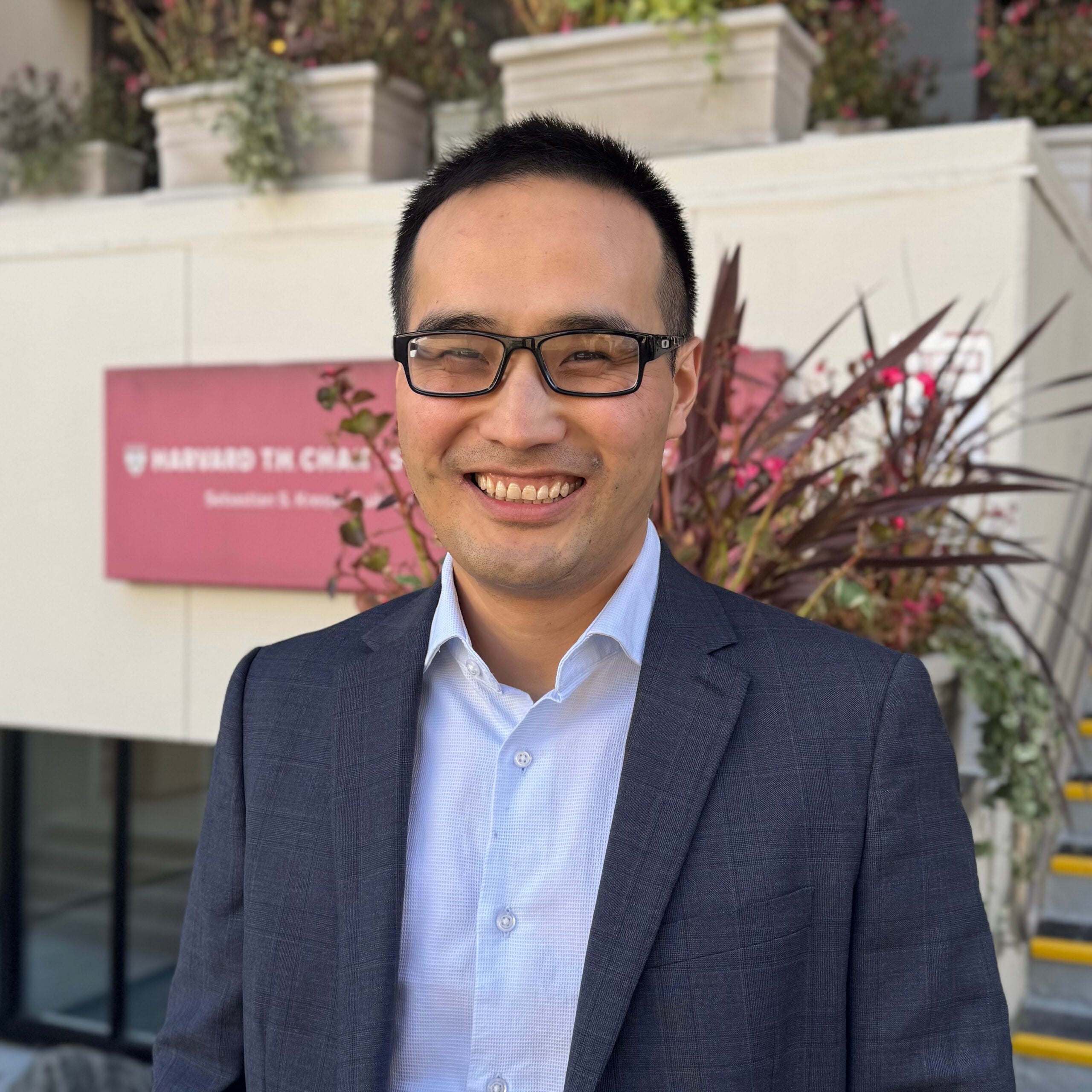
Mingyang Song, MBBS, ScD is an Assistant Professor of Clinical Epidemiology and Nutrition at Harvard T.H. Chan School of Public Health and an Assistant Professor of Medicine at Massachusetts General Hospital, Harvard Medical School.
Dr. Song’s research focuses on the clinical and translational epidemiology of cancer. His work has two main themes. The first is to integrate large-scale observational studies with biomarker-based randomized clinical trials to identify novel nutritional and gut microbiota-targeted cancer prevention and treatment strategies. The second theme involves integrating electronic health record (EHR) data with molecular profiling to develop cost-effective risk assessment tools for precision cancer screening and surveillance. Dr. Song was awarded the NextGen Star by the American Association for Cancer Research. His current research is supported by the National Cancer Institute and the American Cancer Society. The ultimate goal of his research is to translate epidemiologic advances into the clinic for improved cancer prevention and treatment.
Visiting Scholars
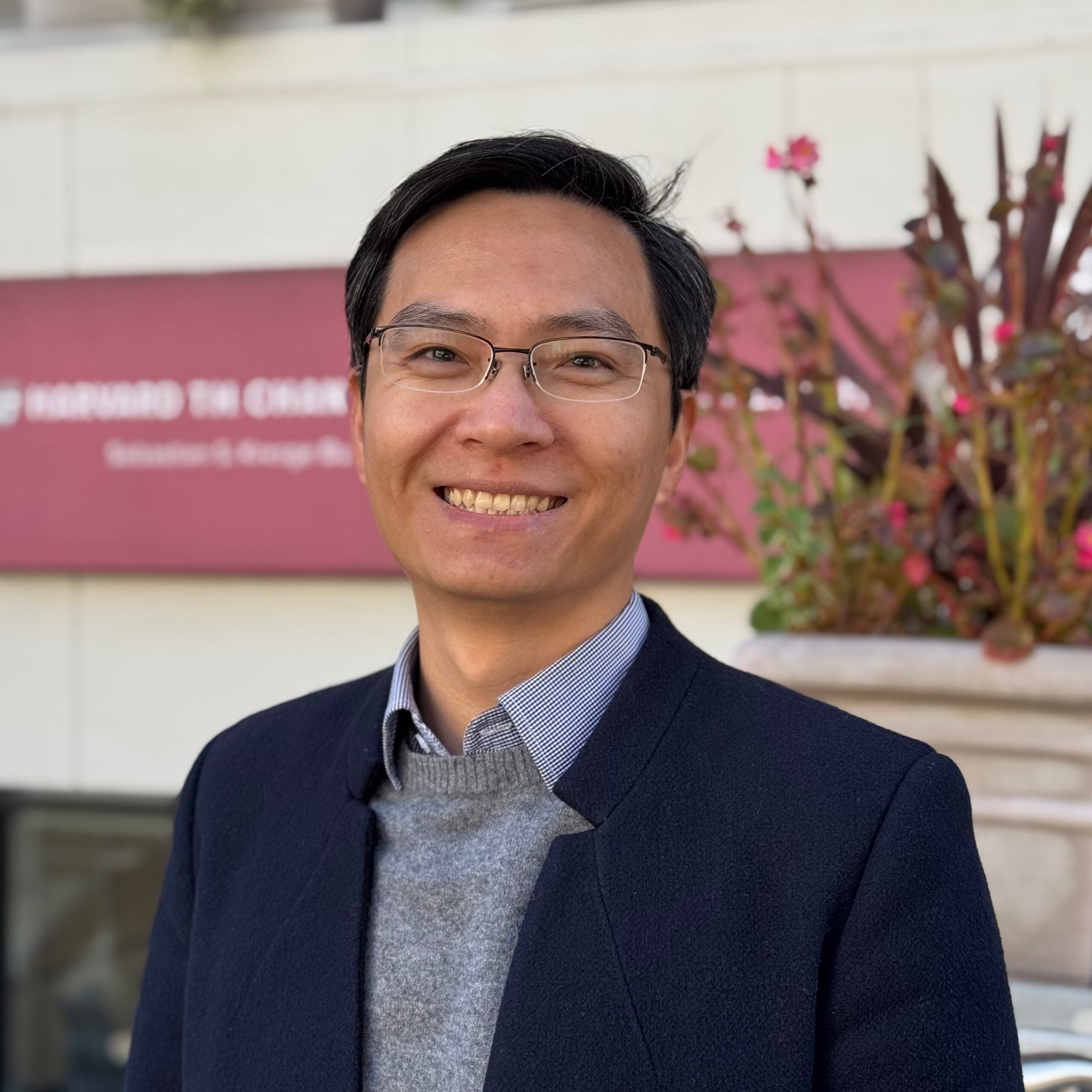
Yufeng is a visiting scholar in Epidemiology at the Harvard T.H. Chan School of Public Health and the Clinical and Translational Epidemiology Unit at Massachusetts General Hospital. He obtained his doctoral degree from Sun Yat-sen University and is currently a colorectal surgeon at the Sixth Affiliated Hospital, Sun Yat-sen University, specializing in the treatment of colorectal cancer and inflammatory bowel disease. His current research focuses on screening strategies and interventions for colorectal neoplasia using large-scale data and cohorts, as well as targeted approaches to overcome treatment resistance in colorectal cancer. In his free time, he enjoys traveling and photography.
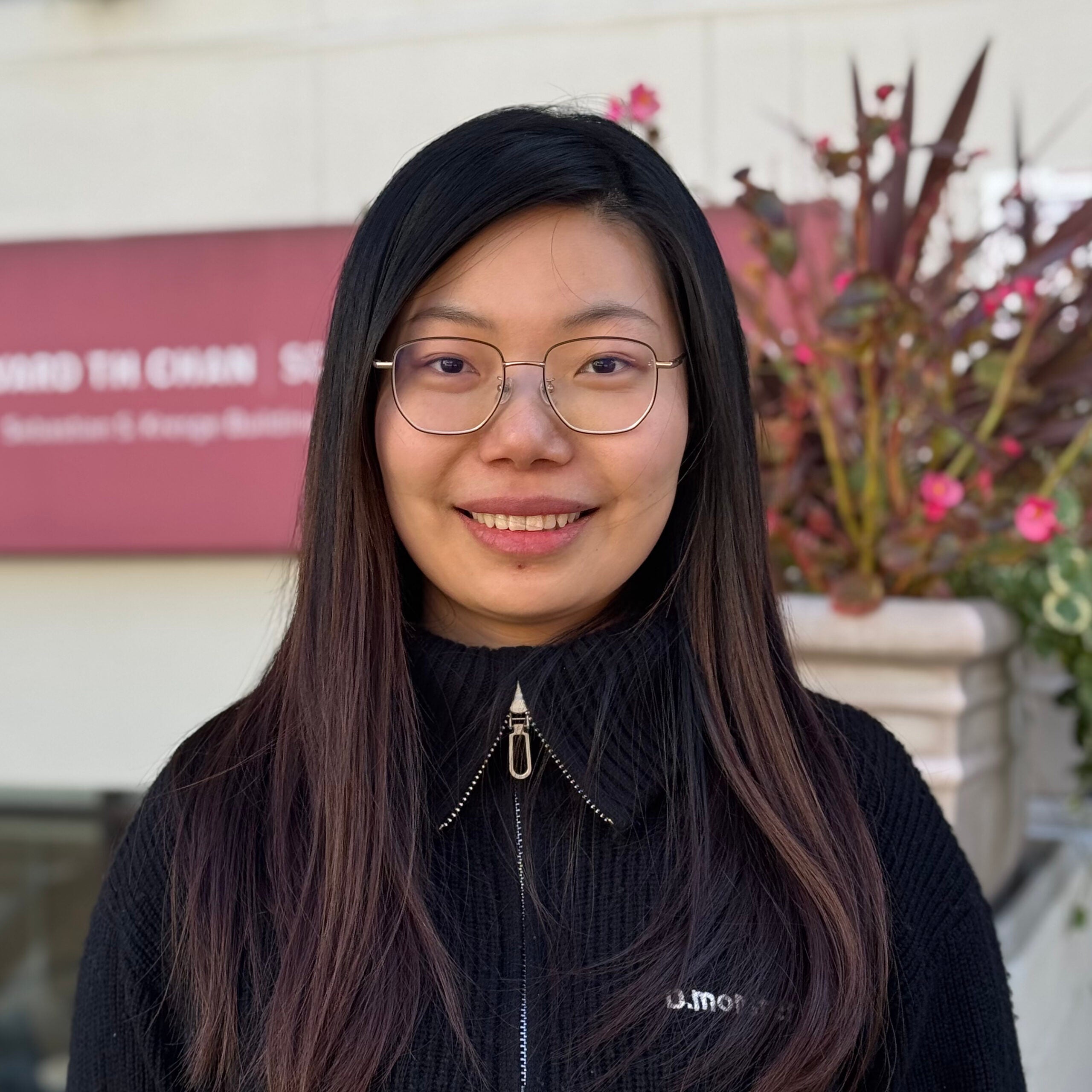
Dr. Yue Ma is a postdoctoral fellow and assistant researcher in the Department of Cancer Epidemiology and Biostatistics at Tianjin Medical University Cancer Institute & Hospital. She holds bachelor’s, master’s, and Ph.D. degrees from Tianjin Medical University. Dr. Ma’s research centers on epidemiology and health management, with a specific focus on pharmacoepidemiology and the development of strategies to prevent cancer and other significant chronic diseases.

I am a Ph.D. candidate at the Sixth Affiliated Hospital of Sun Yat-sen University, where my research focuses on advancing precision medicine for colorectal cancer through the integration of artificial intelligence and multi-omics analysis. Outside of my research, I am an avid angler and skier. I also enjoy painting, with over seven years of training.
Postdoctoral Fellows
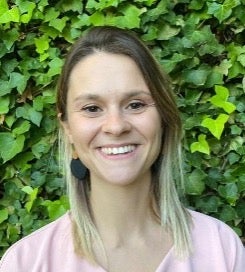
Ana Nogal is a postdoctoral fellow at the Harvard T.H. Chan School of Public Health, researching the relationship between diet, the gut microbiome, and colorectal cancer incidence and survivorship. She completed her PhD in Bioinformatics at King’s College London, where she investigated the role of metabolites, particularly short-chain fatty acids, in the interplay between gut microbiota and cardiometabolic health. In her spare time, she enjoys spending time with friends and family and practicing spinning.
Staff
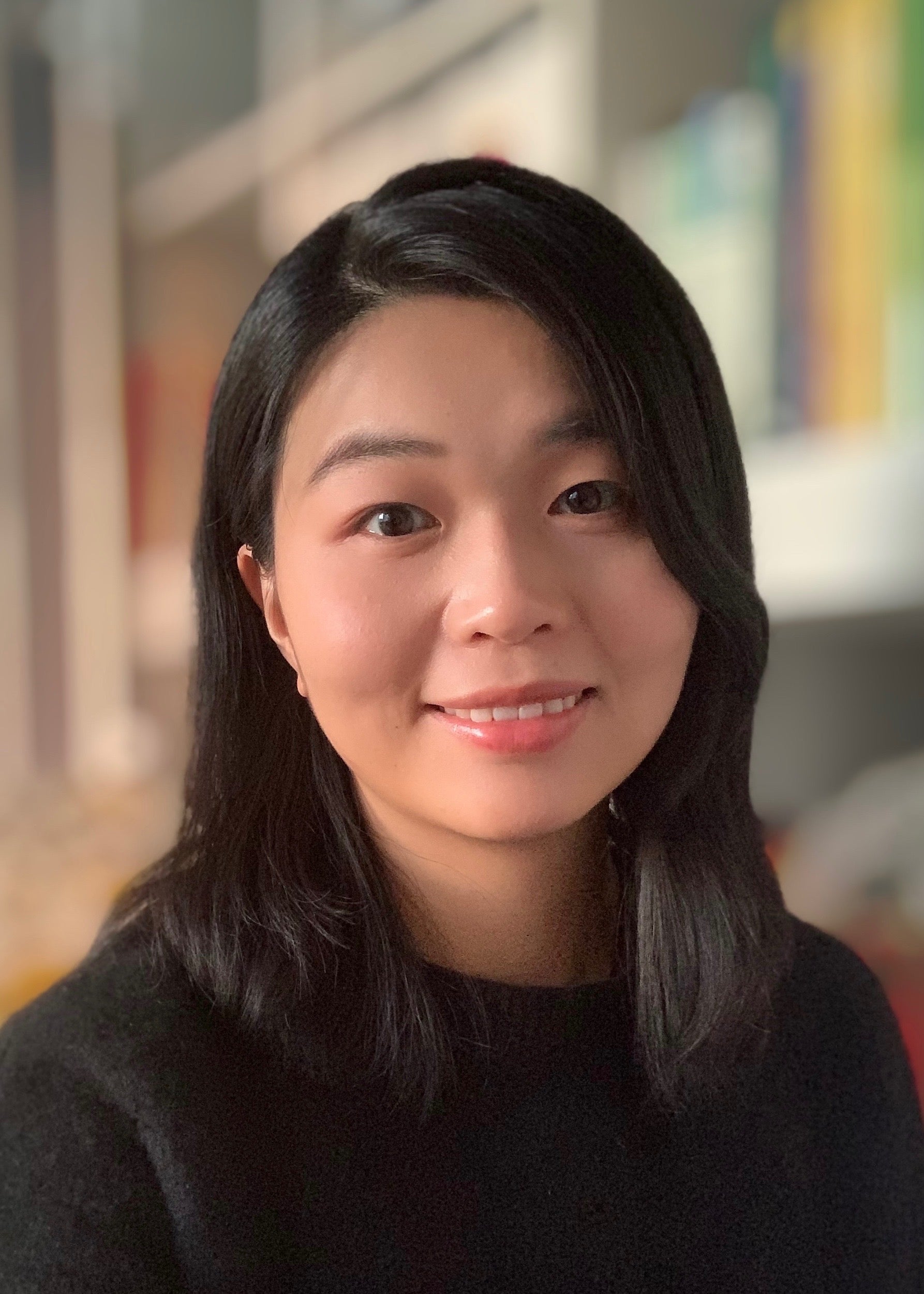
Mengxi is passionate about studying diet/lifestyle as modifiable factors for cancer prevention and control, as well as translating epidemiologic evidence into cost-effective interventions and clinical practices to benefit at-risk populations and cancer patients. As a Research Associate in the Department of Epidemiology at the Harvard T.H. Chan School of Public Health, she leads research assessing the role of diet/lifestyle, the gut microbiome, and metabolome in colorectal cancer development and survivorship, leveraging biomarker-based cohort studies and clinical trials. Mengxi earned her PhD in Nutrition and Cancer Epidemiology from the Tufts University Friedman School of Nutrition Science and Policy, where her doctoral research focused on translating nutrition evidence into policy interventions for cancer prevention in the United States. She also completed clinically focused dietetic training at Brigham and Women’s Hospital and has been a Registered Dietitian since 2018. Outside of her work, Mengxi enjoys immersing herself in nature, discovering new hiking trails, meditating in the yoga studio and swimming pool, and experimenting with wholesome recipes in the kitchen.
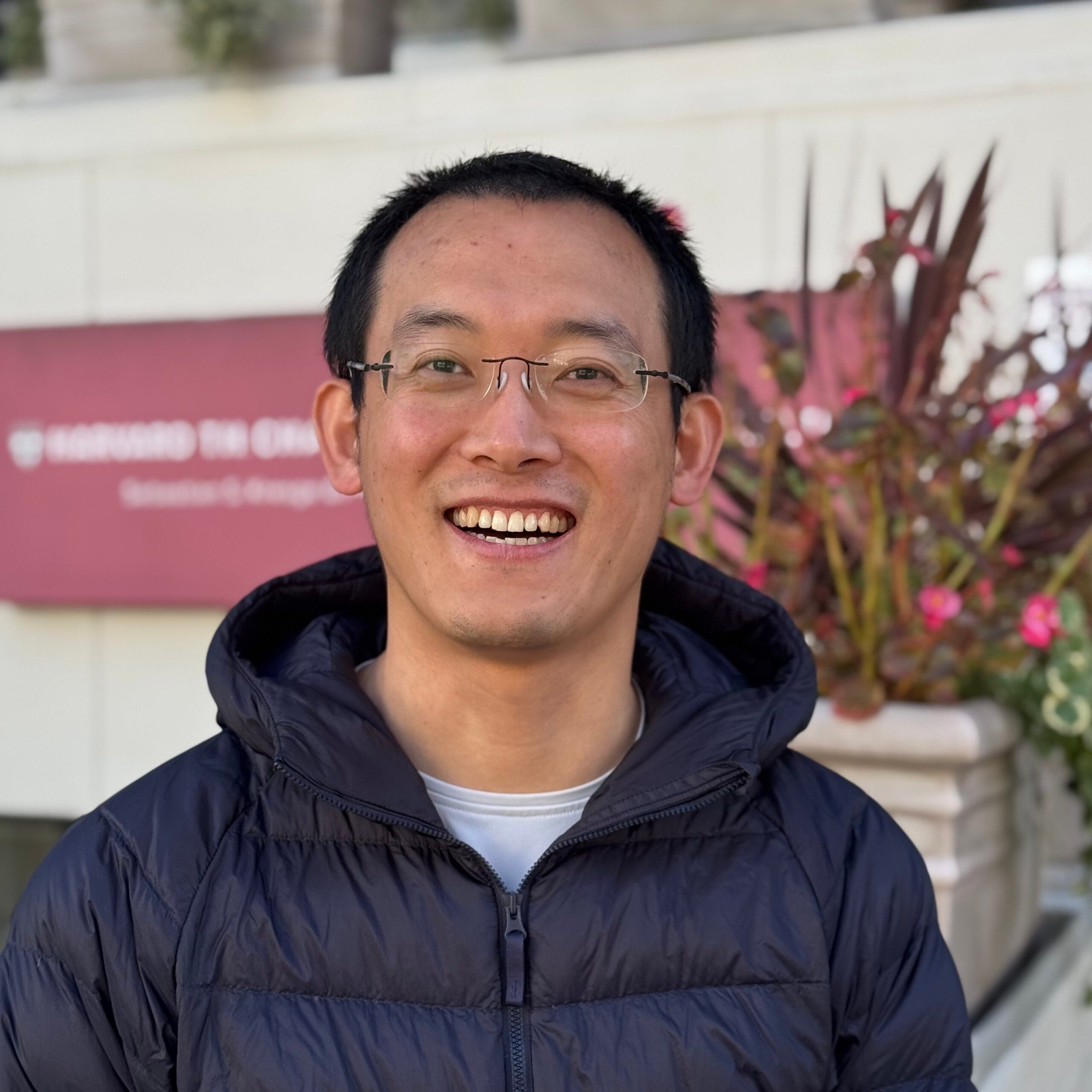
Kai Wang is a research scientist in the Department of Epidemiology at HSPH, focusing on integrating the gut microbiome into cancer epidemiological studies. His research includes examining how lifestyle factors—such as diet, exercise, and medication use—impact the microbiome and may contribute to colorectal cancer development. He also investigates whether the gut microbiome mediates the relationship between environmental exposures and colorectal cancer outcomes, providing insights into the biological pathways involved. Additionally, Kai explores how gut microbiome data can be used to tailor preventive strategies or treatment approaches for colorectal cancer, based on each individual’s unique microbial profile. In his free time, Kai enjoys listening to music, learning languages, and playing soccer.
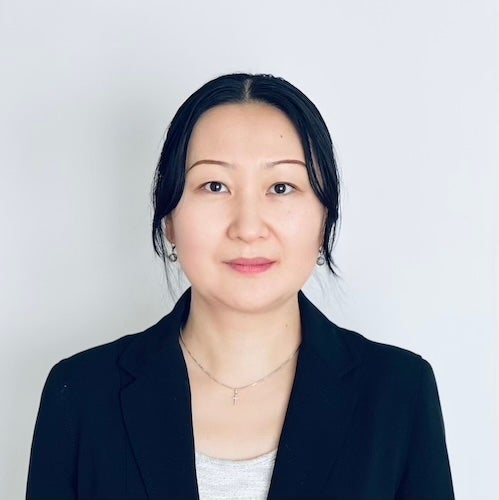
Constance Turman is a senior Biostatistician in the Department of Epidemiology at HSPH. Her recent work focuses on colorectal cancer (CRC) research, leveraging large-scale data from the Mass General Brigham Biobank and Colonoscopy Cohort, the UK Biobank, and the Genetics and Epidemiology of Colorectal Cancer Consortium (GECCO). She specializes in whole-genome data management and analysis and has served for many years as the genomic data manager and analyst for several cohort studies, including the Nurses’ Health Study (NHS), the Health Professionals’ Follow-up Study (HPFS), and the Physicians’ Health Study (PHS). She holds a master’s degree in computer science from Brandeis University and a bachelor’s degree from Fitchburg State University. She previously worked as a Bioinformatician at the National Cancer Institute (NCI) and the National Institute of Environmental Health Sciences (NIEHS).
Students
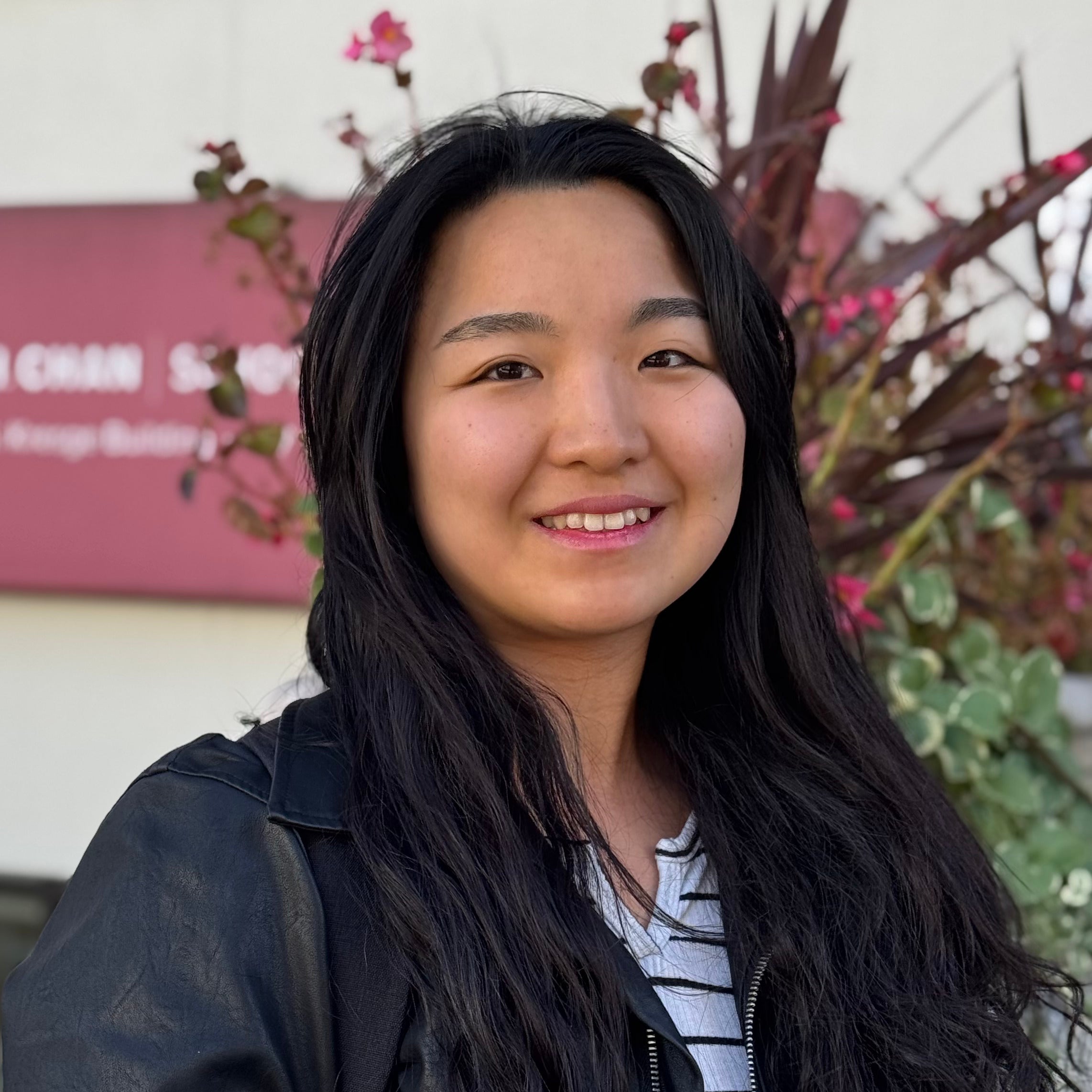
Sunjeong is a PhD candidate in the Department of Epidemiology at the Harvard T.H. Chan School of Public Health. She completed her Bachelor and Doctor of Korean Medicine at Kyung Hee University’s College of Korean Medicine. Following her doctoral studies, Sunjeong earned a Master of Science in Epidemiology from Harvard, where she honed her skills in research methodologies and data analysis. Her research interests focus on personalized nutrition strategies, the gut microbiome, and metagenomics.
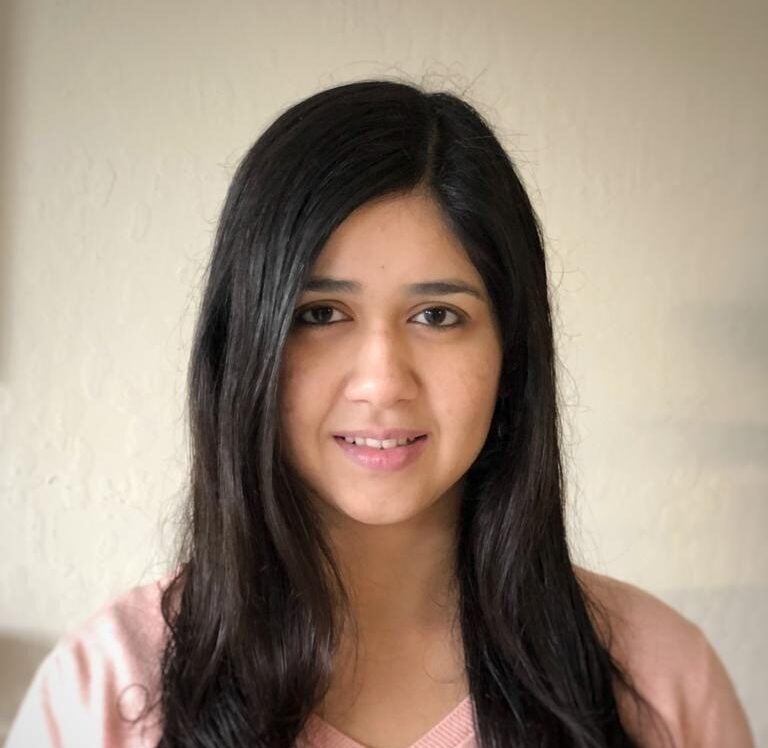
Divya is currently an MPH-Epidemiology student at the Harvard T.H. Chan School of Public Health. Before pursuing this program, she worked in a Healthtech startup as a Product Lead for an AI-based personalization platform that predicted patient conditions and directed them towards proactive healthcare and closing gaps in preventive care. Most recently, she joined Meta and currently works on leveraging AI to improve content quality on the platform. Her current research aims to understand the role of physiological, social, technological and environmental factors in cancer prevention. Her research interest focuses on leveraging machine learning to build cancer prevention tools and technologies that can be used in real-world settings to detect cancer early and improve patient outcomes. Originally from India, she is currently based out of the San Francisco Bay Area and considers Boston her second home in the US where she is a visiting student. In her free time, she loves spending time outdoors kayaking and hiking.
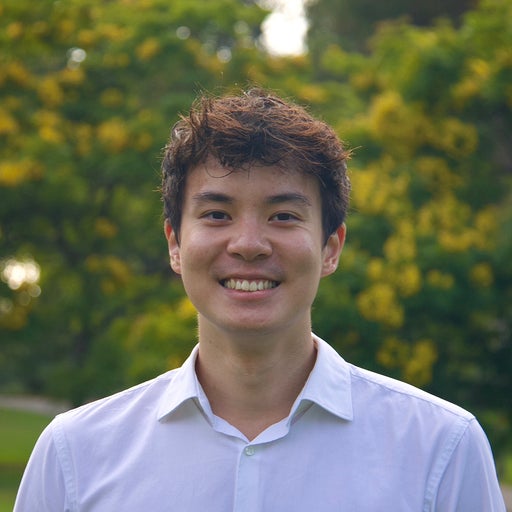
Derek is a first-year master’s student studying epidemiology at HSPH. During his undergraduate, he majored in public health policy and minored in health informatics. Through different research experiences in epidemiology labs, he identified strong research interests in cancer epidemiology and biomarker surveillance. During his free time, he enjoys running, going to the gym, and exploring different bookstores in Boston.

Christian Eichhorn, MBBS is an MPH candidate in Epidemiology at the Harvard T.H. Chan School of Public Health. He is currently completing his clinical training as a GI fellow across academic centers in Switzerland. He holds medical and doctoral degrees from Imperial College London, the University of Bern, and the Private University in Liechtenstein. With previous experience in clinical academic cardiovascular research and meta-analytic methods, Christian has shifted his research focus to exploring risk factors in young-onset gastrointestinal cancers, integrating clinical, imaging, and epidemiologic approaches.

Gigi is a PhD candidate in Epidemiology at Harvard University. Before moving to the US, she graduated from the medical school of Peking University in China. Her doctoral research focuses on cancer prevention through lifestyle-targeted interventions and precision screening based on a wide range of data and quantitative models. She is passionate about generating evidence-based insights and translating scientific advances into clinical practice through interdisciplinary collaboration. In her free time, she enjoys exploring restaurants and watching mystery/detective TV shows.

Fangyuan is a PhD student in Cancer Epidemiology at Harvard University. Before beginning her doctoral studies, she earned a Bachelor of Medicine and a Master of Public Health from Zhejiang University in China. Her research interests focus on uncovering the etiology of colorectal cancer (CRC), particularly the role of modifiable risk factors and the integration of multi-omic approaches—including genomics, gene expression, epigenetics, the gut microbiome, proteomics, and metabolomics—to better understand disease mechanisms. She is also interested in investigating the pathways linking lifestyle and environmental exposures to the initiation and early onset of CRC. Fangyuan hopes to translate epidemiologic advances into clinical applications and contribute to tailored cancer prevention strategies. In her free time, she enjoys pencil sketching, watching TV dramas, collecting stones, and rowing.
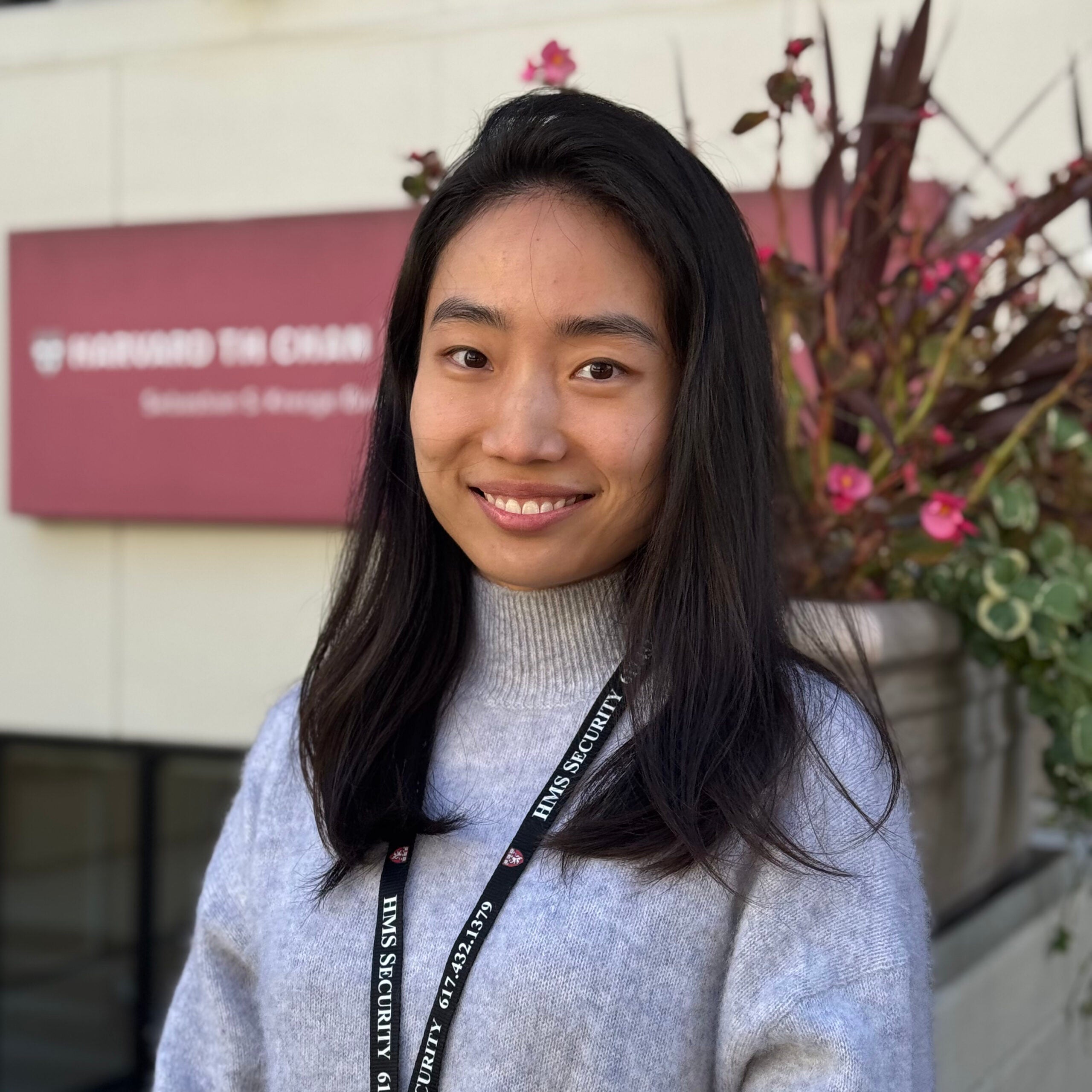
Yujia is a PhD student in Cancer Epidemiology at Harvard University. Before pursuing her doctoral studies, she completed a Master of Science in Epidemiology at Harvard. Her research aims to uncover cancer etiology and prognosis by investigating the synergistic effects and interplay between diet, body composition, gut microbiome, host metabolomics and genetics. She is also dedicated to developing clinically accessible evaluation tools and identifying novel microbial or metabolite-based signatures or biomarkers through machine learning techniques, contributing to cancer prevention and control. In her free time, Yujia enjoys practicing yoga, pilates, and exploring Boston’s diverse food scene.

Xinyu is a first-year Master of Science student in Department of Epidemiology, Harvard T.H. Chan School of Public Health. She received her Bachelor’s degrees in Medicine and Economics from Peking University. Her research focuses on multi-omics in relation to cancers and cardiometabolic diseases and aims to translate epidemiological findings into clinical practice. In her spare time, she enjoys making coffee, cooking, and traveling with friends.

Runzhe Yao (James) is from Wuhan, China, and recently graduated from the University of Florida as a Nutritional Sciences major. He is a first-year SM-80 nutritional epidemiology student interested in microbiome and nutrition research.
Alumni
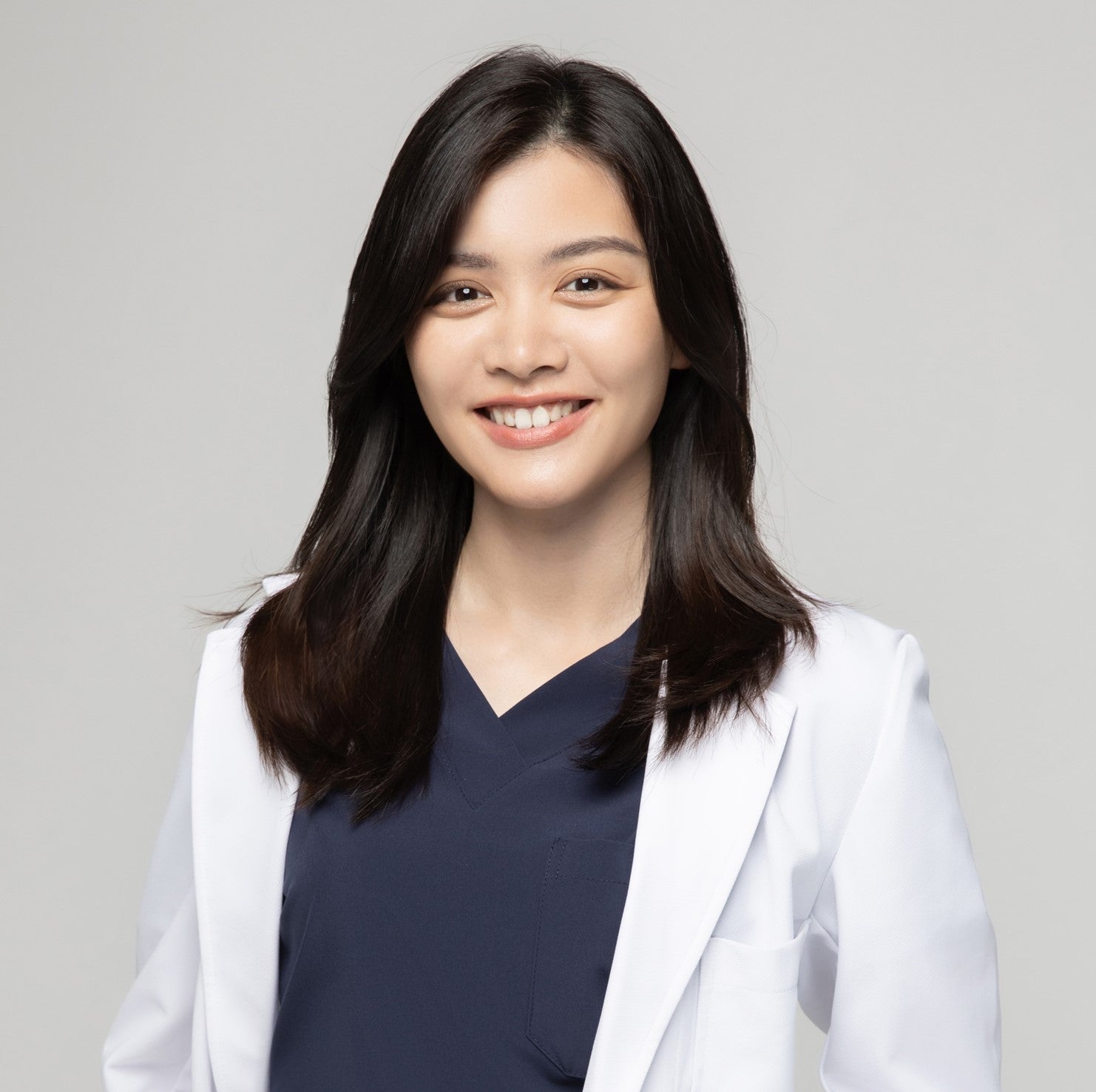
Angela is an MS student in Epidemiology at the Harvard T.H. Chan School of Public Health and a pediatric gastroenterologist at National Taiwan University Hospital Yunlin Branch. She earned her MD from Taipei Medical University in 2017. Her research interests focus on the impact of early life exposures on colorectal cancer, the drivers of childhood obesity, and the role of the gut microbiome.
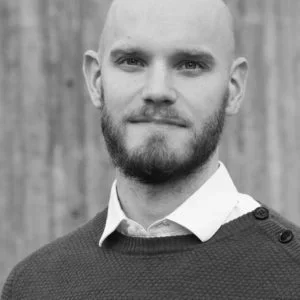
Markus is a postdoctoral researcher in the Department of Nutrition at the University of Oslo, Norway. He earned his Ph.D. focusing on lifestyle factors and colorectal cancer screening at the Cancer Registry of Norway. He also has an academic background in human nutrition from the University of Copenhagen, Denmark. In his current research, Markus aims to personalize colorectal cancer screening to enhance both primary and secondary prevention. He has been instrumental in developing a concise lifestyle and dietary questionnaire, which is set to be tested in the Norwegian national colorectal cancer screening program.
Since January 2020, Markus has been collaborating with the Song Lab on multiple projects. These include studying lifestyle changes following initial colonoscopy screenings, examining the use and compliance of surveillance colonoscopies for high-risk polyp patients, and developing a risk prediction model for post-polypectomy colorectal cancer. Additionally, his work explores the risk of colorectal cancer incidence and mortality after negative colonoscopy results and the relationship between lifestyle changes and the risk of colorectal cancer and major chronic diseases. For these projects, Markus utilizes data from prominent cohorts such as the Nurses’ Health Study (NHS), NHS II, the Health Professionals Follow-up Study, and the Mass General Brigham (MGB) Colonoscopy Cohort.

Xiawei is an MPH candidate at the Harvard T.H. Chan School of Public Health, with a focus on clinical and translational epidemiology of gastrointestinal cancers, particularly pancreatic cancer. After earning his Medical Doctor degree from Zhejiang University, Xiawei completed his residency in surgery and is currently pursuing a fellowship in hepatobiliary and pancreatic (HBP) surgery. His previous research centers on building clinical models to predict early recurrence of pancreatic cancer following radical surgery, aiming to improve patient outcomes through more precise intervention strategies. In addition to his academic and clinical work, Xiawei enjoys portraiture and landscape photography, which allows him to explore creativity beyond the medical field. He also finds balance by playing tennis and spending time outdoors.

Qiang’s journey in medicine began in 2014 as a medical student, with clinical training at Beijing Hospital (Peking University) and the National Cancer Center (Peking Union Medical College). From 2019 to 2022, he worked as a surgical resident, primarily treating cancer patients in frontline clinical practice, which has significantly shaped his commitment to healthcare. He is passionate about surgery and cancer research and resonates strongly with the Harvard T.H. Chan School of Public Health slogan, “Powerful ideas for a healthier world.” Currently pursuing a Ph.D. in Oncology at Peking Union Medical College, his research interests focus on clinical and translational epidemiology of cancer. He has worked extensively on identifying risk factors, understanding cancer pathways and prognosis, and studying survivorship through large-scale observational studies and electronic health records.
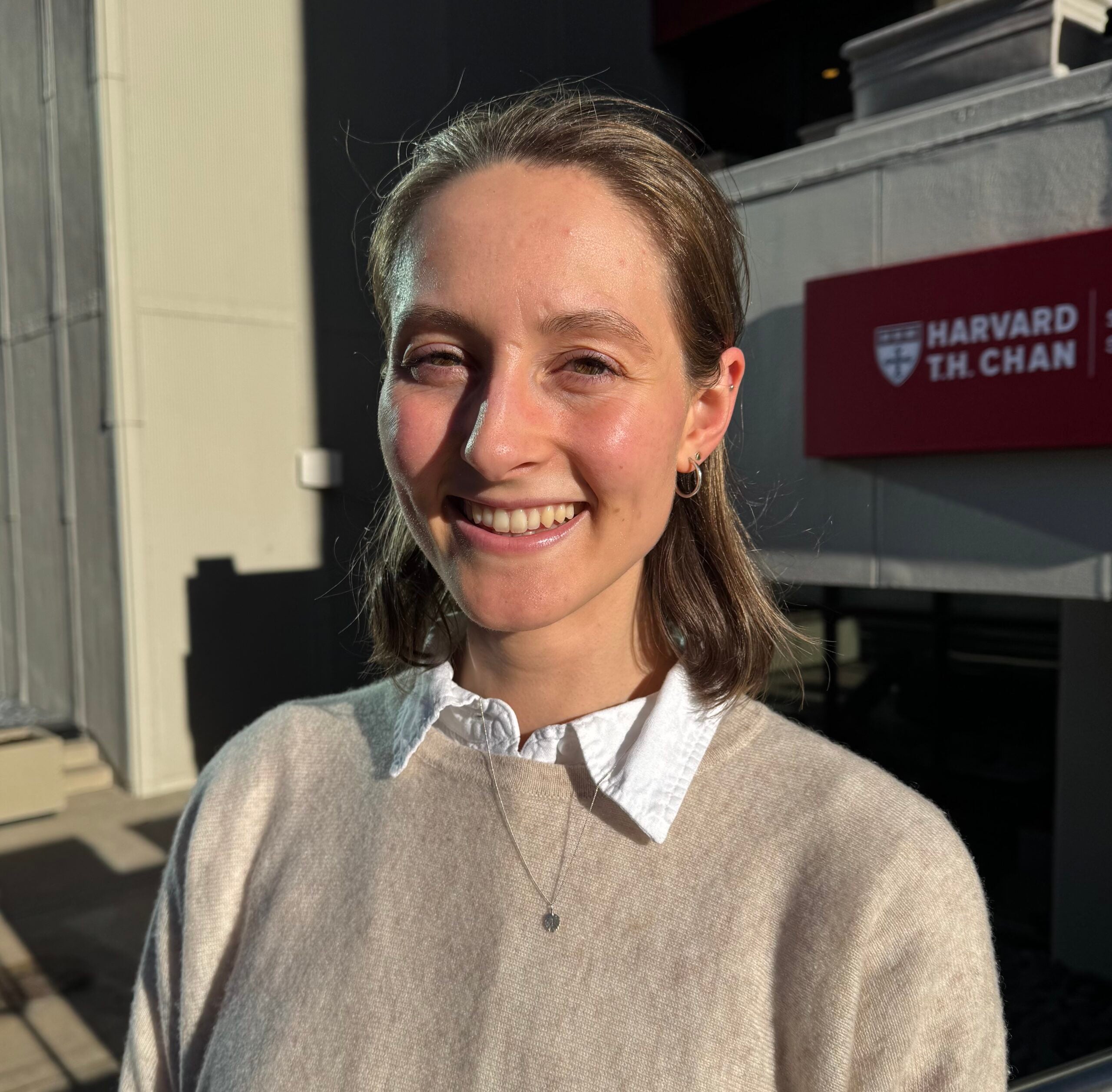
Stephanie is a visiting PhD student from the Karolinska Institutet, Sweden, where her work focuses on examining the impacts of the Nordic diet on multiple factors, including cardiovascular disease and cancer, exposure to food contaminants, and environmental sustainability. She is taking part in a research visit investigating the gut microbiome in relation to dietary factors under the supervision of Associate Professor Mingyang Song.
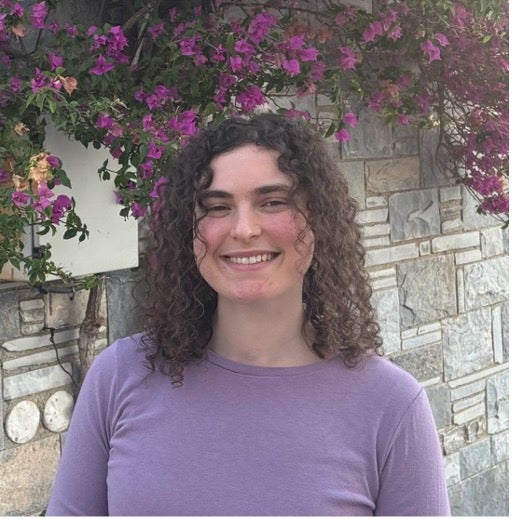
Emily completed a Bachelor of Science degree in Biological Sciences at the University of Buffalo, Honors College. She is currently studying at the Harvard T.H. Chan School of Public Health, pursuing a Master of Science degree in Epidemiology with concentration in Cancer Prevention. Her goal as a master’s student is to learn a broad overview of cancer epidemiological methods, including methods to identify high risk groups for cancer and to use observational and randomized clinical trial data to support cancer prevention and interventional approaches tailored to high-risk groups. A more recent interest is in pharmacoepidemiology. Her goal is to learn pharmacoepidemiologic methods to assess drug safety and efficacy.

Chen Wang, a medical graduate from Taiwan, is a second-year Master of Science in Epidemiology student at Harvard School of Public Health. She aims to become a Gastroenterologist, and use epidemiologic methods to uncover disease causes, provide evidence for better treatments, and promote preventive healthcare.

Sookyung is a Master of Public Health student in Quantitative Methods at the Harvard T.H. Chan School of Public Health. She earned her MD from Dankook University in South Korea. Her research interests focus on the clinical epidemiology of cancer and all aspects of cancer prevention, especially in early detection and risk reduction through modifiable factors. In her free time, she enjoys cooking and baking, swimming, and exploring new places.